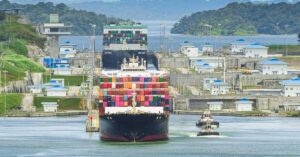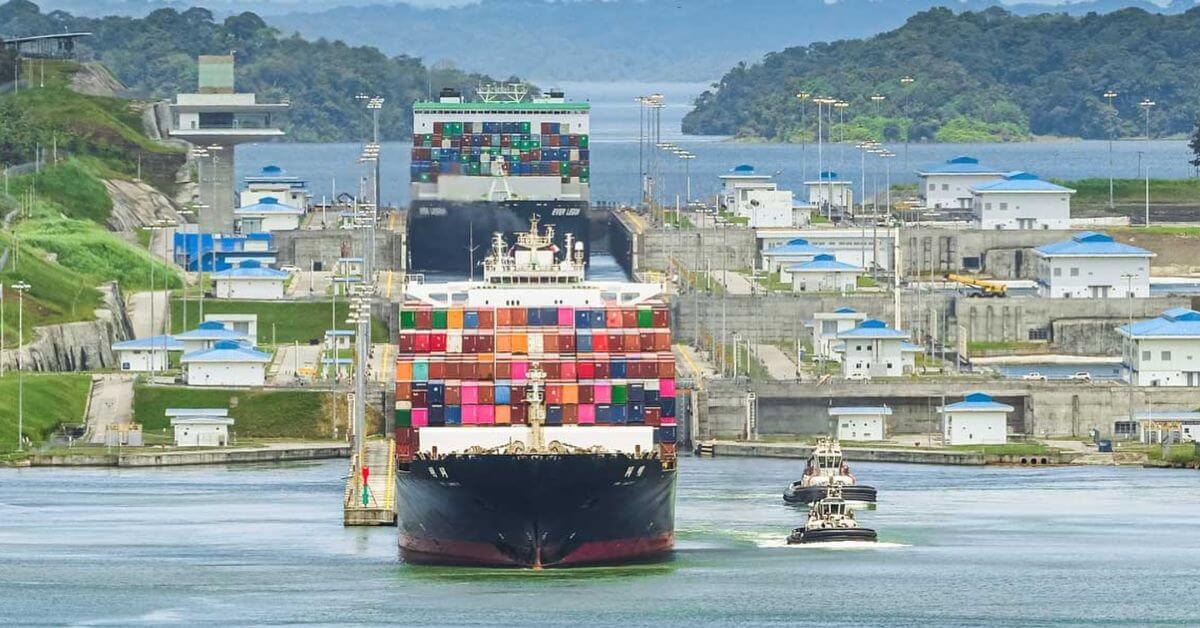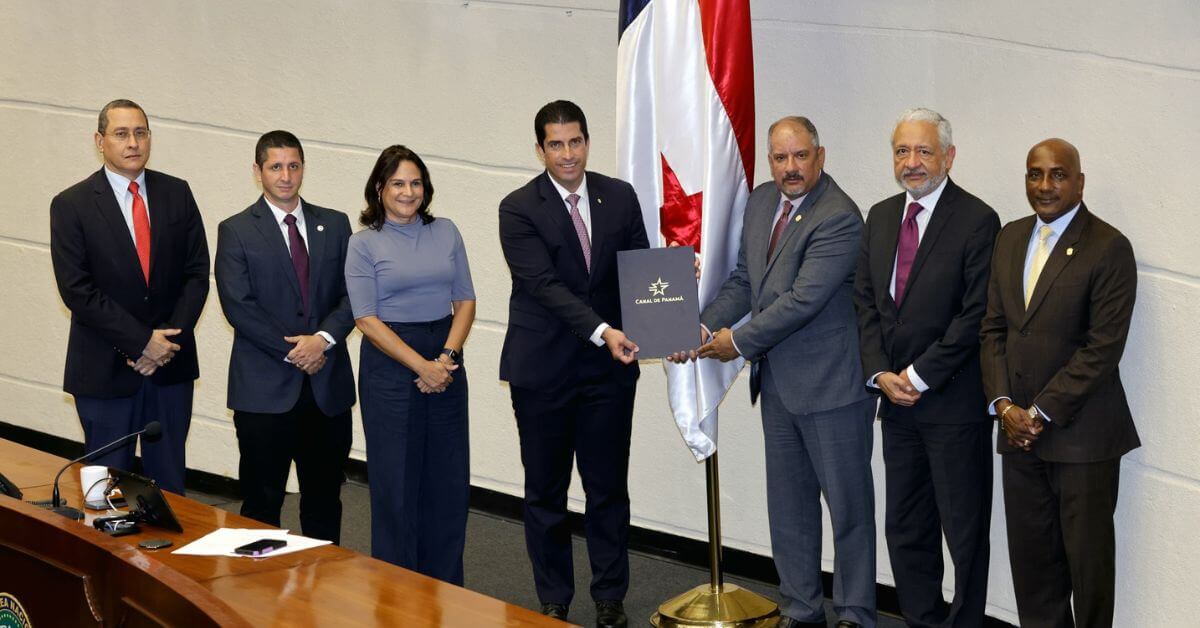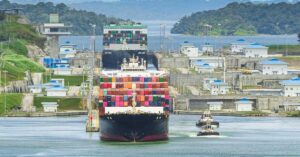
Major Oil Depot & Tanker Severely Damaged After Russian Drone Strike At Izmail Port
August 21, 2025
North Korean Leader Kim Calls For Rapid Nuclearisation Of Navy
August 21, 2025

The Cabinet Council of Panama has approved the proposed budget of the Panama Canal for fiscal year 2026, setting it at B/.5.2072 billion.
The financial year will run from October 1, 2025, to September 30, 2026, and the plan emphasises long-term investments with a strong focus on water sustainability through the Río Indio Lake project.
The budget also prioritises the diversification of business activities, investment in the workforce’s development and well-being, support for both the traditional and Western basins, and measures to ensure the Canal remains sustainable and competitive.
For FY2026, the Canal Authority projects a direct contribution of B/.3.1938 billion to the National Treasury, an increase of B/.404.3 million (14.5%) compared to the approved budget for FY2025.
The Canal is expected to transfer about B/.291.1 million to other state entities in the form of income taxes, social security, education insurance, and employer-employee contributions.
Officials explained that this year’s plan comes amid global climate uncertainty, fast technological change, geopolitical tensions, and sustainability challenges.

The new financial period is being presented as the start of a renewed effort to strengthen the Canal’s business model and preserve its long-term value. After Cabinet approval, the budget will go to the National Assembly, as required by Panama’s Constitution and the Canal Authority’s law.
At the same meeting, the Cabinet Council also addressed concerns raised by communities in the Río Indio watershed, where the Canal is developing a new lake to secure future water supply. Residents had expressed concerns about possible land speculation and irregular land management linked to the construction.
In response, the government introduced two protective measures.
The first was the legal definition of the project’s area of influence, which establishes the specific lands and communities connected to the project. This measure also creates safeguards for the rights of residents and landowners. From now on, any land sales, new construction, loans, land-use changes, or economic activities within this zone will require prior approval from the Panama Canal Authority.
The second measure was a Cabinet resolution declaring the Río Indio Lake a project of public interest. This step requires all state institutions to actively work with the Canal Authority to ensure the project’s orderly development. It also commits the government to respond more quickly to the needs of affected communities and coordinate support more efficiently.
According to Canal officials, the Río Indio Lake project is essential to guarantee water supply for more than 50% of Panama’s population, while also supporting productive activities in the region. Most importantly, it is expected to secure the continued operation of the Panama Canal for at least the next 50 years.
Reference: Panama Canal
Source: Maritime Shipping News


